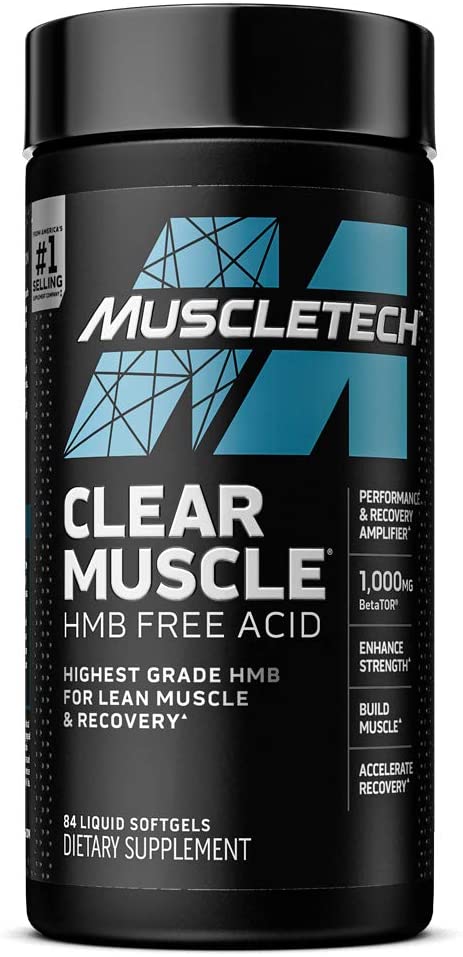HMB
Companion Supplement for Creatine!
HMB
Companion Supplement for Creatine!

HMB, or "beta-hydroxy beta-methylbutyrate", is a metabolite of the amino acid Leucine and is produced naturally by the human body. HMB is produced from a metabolite of leucine, called ketoisocaproate (KIC), by the enzyme KIC-dioxygenase. There are small amounts of HMB present in many foods, primarily catfish, grapefruit, and alfalfa. Dietary supplements of HMB are also available.
HMB, otherwise known as its conjugate base, ß-hydroxy ß-methylbutyrate, is a naturally produced substance in humans that is used as a dietary supplement and as an ingredient in certain medical foods that are intended to promote wound healing and provide nutritional support for people with muscle wasting due to cancer or HIV/AIDS.
Most of the world first heard of HMB during the summer Olympics of 1996 when American swimmers were quoted in newspaper articles as saying, "they had benefited from using HMB during their training".
Similar to other amino acids, HMB appears to play a role in the synthesis of certain proteins, including the type protein used by the body to build muscle tissue. This is one of the main reasoning behind stacking HMB with Creatine so to farther push more nutrients within the muscle cells.
As an athlete or bodybuilder looking to add lean body mass and increase performance in the gym and on the field the addition of HMB would be greatly effective. Clinical studies have shown HMB to increase lean muscle mass, improve endurance and speed exercise recovery. Stack with creatine monohydrate amplifying the effect of both products and builds even more muscle mass.
Most people do not need to use HMB. For those involved in regular exercise that do choose to take this supplement, the research generally uses 3 grams of HMB per day in combination with resistive exercise, such as weight lifting.
In humans, no adverse effects in young adults or older adults have been reported when HMB is taken in doses of 3 grams per day for up to a year. Studies on young adults taking 6 grams of HMB per day for up to 2 months have also reported no adverse effects. Always follow manufactures instructions when taking their product unless otherwise advised by your physician.
Animal studies suggest that HMB may be able to improve the growth of lean muscle tissue. However, these findings have not been substantiated by human studies and there is no conclusive evidence to support the link between HMB and increased muscle development and endurance in athletes. Notwithstanding, one study involving participants in a weight-lifting program taking 3 grams of supplemental HMB, compared a placebo group to experience greater gains of muscle mass and strength. However, a double-blind controlled trial found no effect of 3 grams per day of HMB for four weeks on body composition or exercise performance in 41 weight-training football players.
Due to the fact that a limited number of HMB studies have been performed on humans, we must also consider the results of the tests on animals. Perhaps there is a connection between the noted improvements in the two animal tests and those of humans. This data alone, however, is insufficient. Since HMB is still a relatively new product, one must take into consideration the possible side effects or other negative aspects of upsetting a natural balance within the body.
Realted Pages: